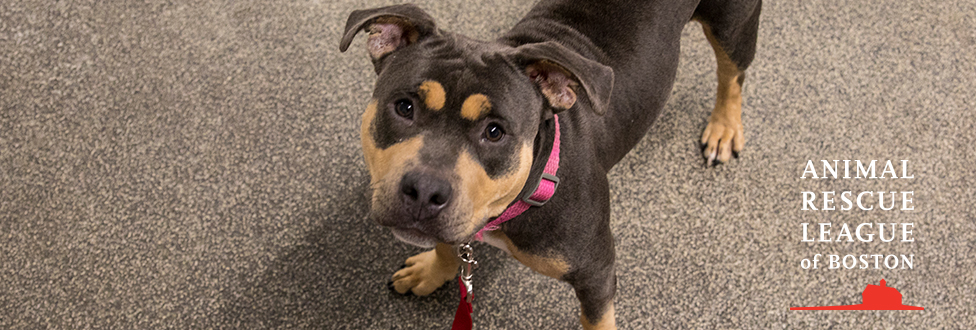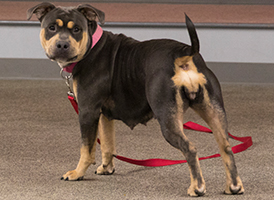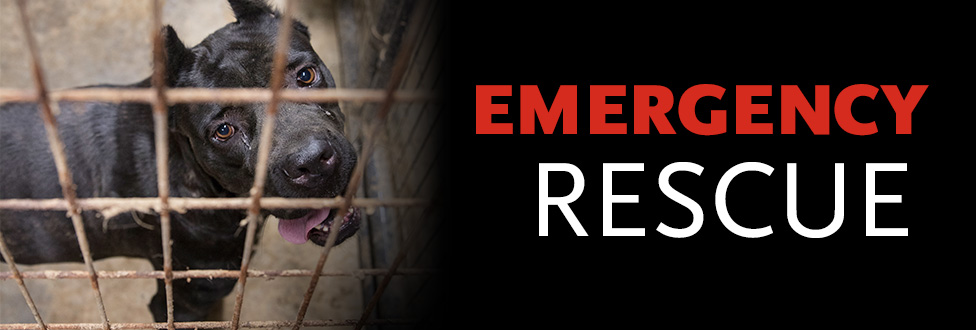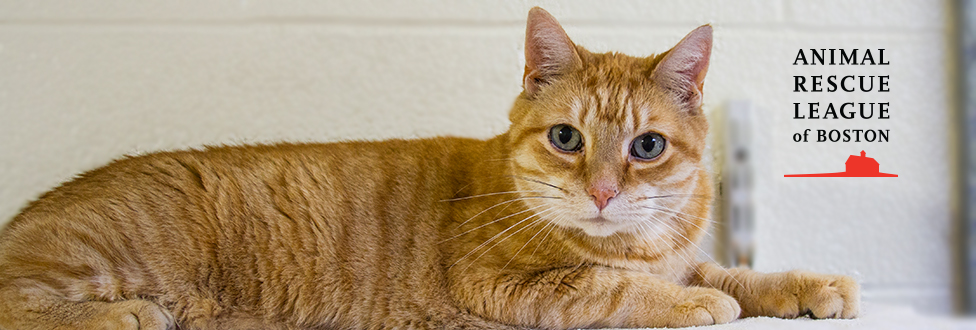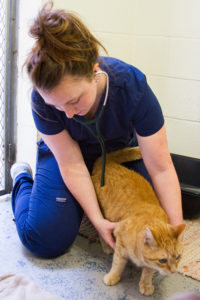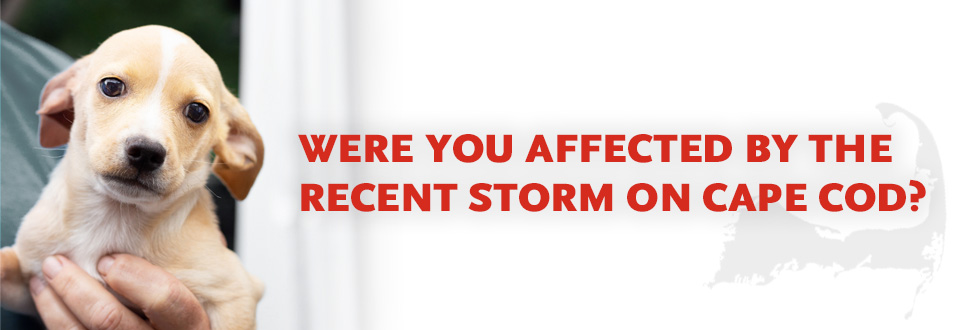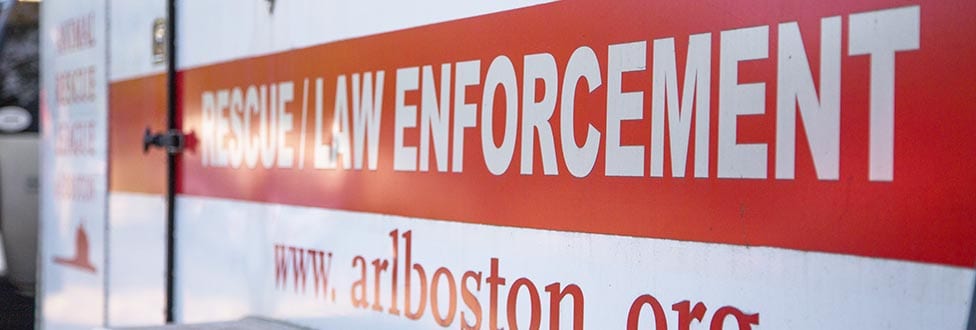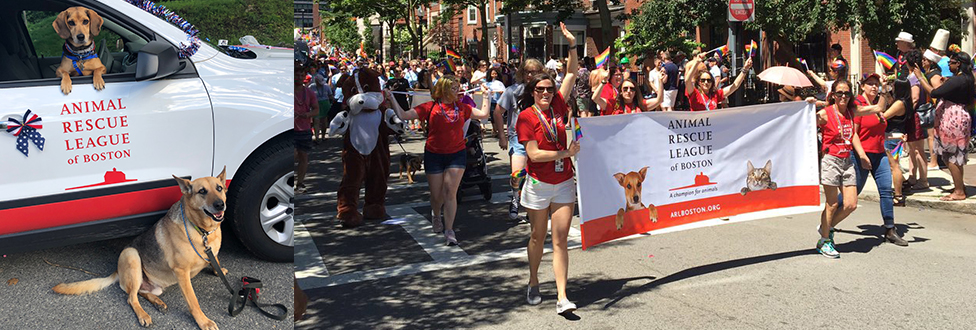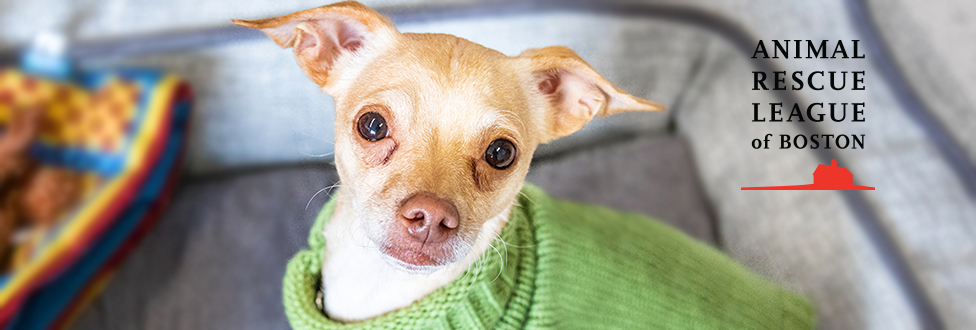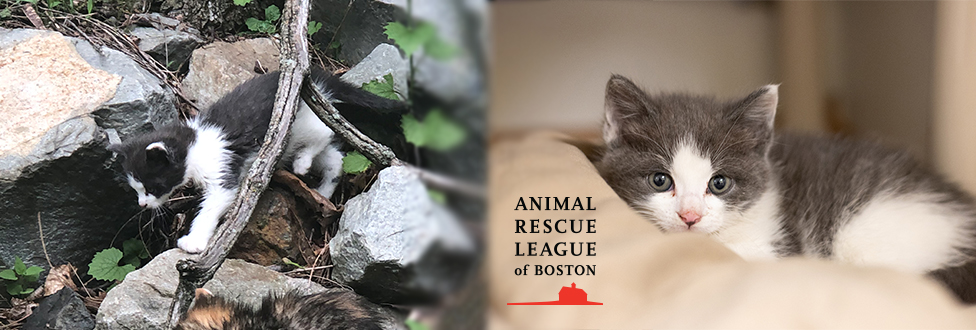Press Release: ARL Removes 80 Animals from Overcrowding Situations
Cats and Kittens Found Living in Deplorable Conditions
Over the past two weeks, the Animal Rescue League of Boston’s (ARL) Law Enforcement and Field Services Departments have removed 80 cats and kittens from two different overcrowding situations in Bristol and Plymouth Counties.
For local press coverage click here!
These cases highlight the importance of recognizing the signs of hoarding, seeking help when overwhelmed, and having pets spayed and neutered. These are on-going issues across the Commonwealth and ARL believes it’s important for the public to be aware and to take action.
The most recent incident happened along the South Shore, where approximately 50 cats and kittens have been discovered in squalid conditions in a small apartment after the tenants had been evicted.
The initial visit to the apartment netted 34 cats, however ARL has made several return trips to the home, which led to the discovery of another 16 cats. Traps continue to be set and checked and more cats may be rescued.
The owner of the cats was clearly overwhelmed, and the case highlights the importance of seeking help when overwhelmed, and having pets spayed or neutered.
Initially there were just three cats in the home. However in a period of just a couple of years, the population exploded to more than 50. Unfortunately several deceased cats were found in the dwelling.
The cats are currently at ARL’s Boston and Dedham Animal Care and Adoption Centers and are undergoing medical and behavioral evaluations. The animals are under-socialized and will need a period to adjust to their surroundings and human contact.
Bristol County Incident
The Bristol County situation unfolded during the last week of October, and began with a welfare check by local police. The end result was the removal of 29 cats.
Due to the high levels of ammonia in the home and safety concerns, local health officials would not allow ARL Law Enforcement and Field Services Departments to enter the dwelling without respirators with the highest-filtration-level charcoal filters to protect on-site workers.
With the help of local animal control officers, the 29 cats were removed from the home in about four hours, and transported to ARL’s Dedham and Boston Animal Care and Adoption Centers for evaluation and treatment.
The local building inspector and board of health condemned the home.
The majority of cats from this situation were socialized and friendly, and some have already found forever homes.
There were however, several animals with medical concerns that are commonly associated with animal overcrowding and unsanitary conditions.
A number of cats are suffering from upper respiratory infections, several had fleas and dry skin, and one cat required an eye to be removed.
As the health of these animals improves, they will be available for adoption once they are medically cleared.
Resources are Available
ARL reminds the public that there are resources available should you or someone you know show signs of hoarding. The state website https://www.mass.gov/hoarding has a number of useful tools and resources available to the public.
For spay and neuter, there are also a number of resources available for those who may not be able to afford the surgery.
ARL operates the Spay Waggin’, which makes stops along the South Shore, South Coast and Cape Cod and offers low-cost spay and neuter services.
There is also a voucher program funded by the Massachusetts Animal Fund, which ARL participates in.

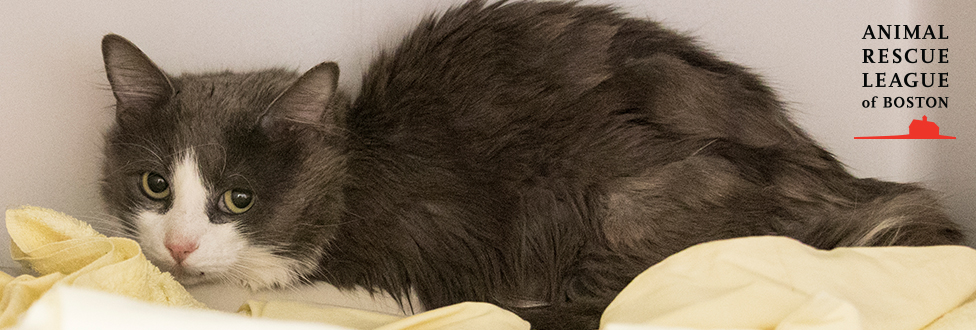
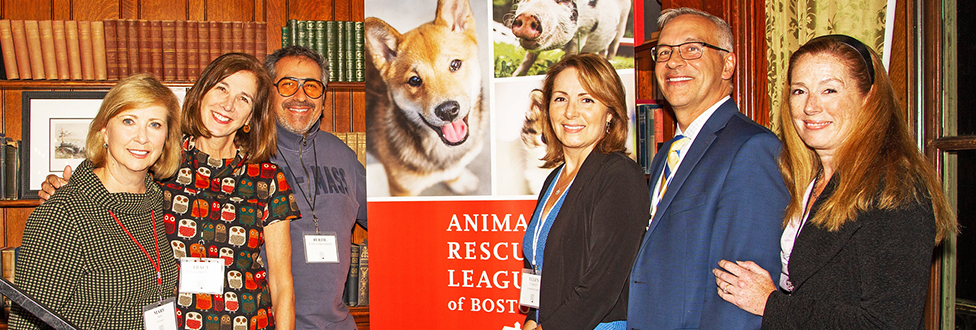
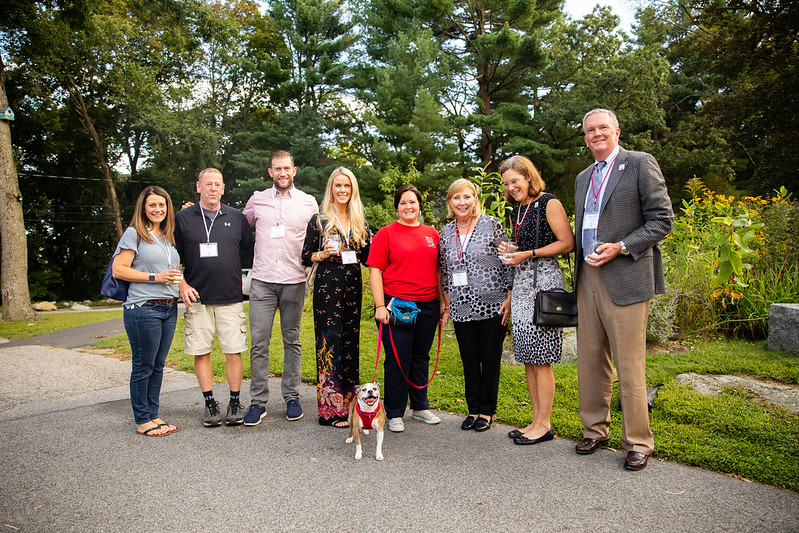
 Dr. David J. McGrath
Dr. David J. McGrath


